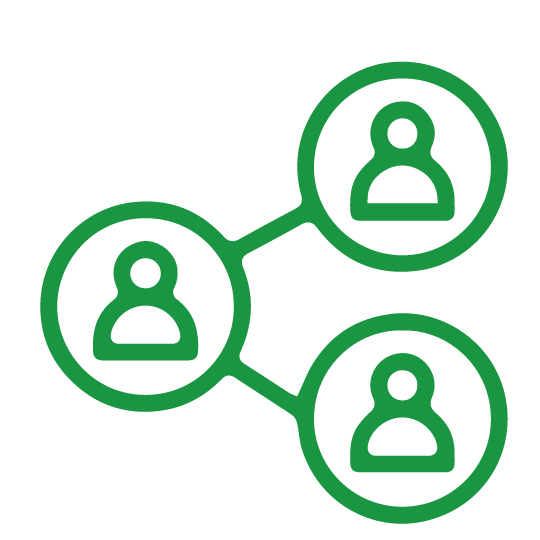Data excellence is not about technology alone, but about collaboration, ownership and the guts to make choices. Organisations that take their data quality seriously make better decisions and innovate faster. In this blog, we use concrete examples to show how various organisations put Data Excellence into practice - and what it gives them. Be inspired!
Case 1: Fruitful chain cooperation
An organisation that has been processing fresh commodities into ready-to-eat fruit, vegetables and meal salads for more than 50 years - with deliveries to supermarkets, fast food chains, wholesalers and catering - wanted to improve the quality of its master data. The organisation therefore asked Improven to measure the maturity of their data management.
What emerged from our Data Quality Quickscan? On data governance, we identified improvements in communication and alignment between departments, the impact of activities later in the chain and data ownership. When we looked at their data processes, we saw opportunities in automation and data adoption.
The result: better data definitions, data governance, a clear application landscape, more data awareness and tighter data processes. All this led to better chain cooperation.
Case 2: The smooth flow of data
A leading grid operator has an implementation department in the west of the Netherlands that is responsible for building and maintaining regional electricity facilities. Together, the operations constitute a large and complex work package of projects and maintenance activities.
The energy transition is rapidly increasing the pressure on grid operators. Not only must more work be done, but it must also be done smarter and more efficiently. That is why Improven helped create operational, tactical and strategic overviews. Result: an integrated planning in which all project and maintenance activities are measured against critical bottlenecks, such as grid availability, capacity and materials.
Thanks to this structured approach, the department now has insight into both the total work package and the associated data quality. The analysis of source data and processes also provided valuable insights for performance management. The first steps towards operational excellence have been taken!
Case 3: Data governance gets wings
Schiphol has the ambition to create the most sustainable and high-quality airports in the world. Their Data Governance team plays a starring role in this, and our Data Excellence experts made a significant contribution.
One of our main tasks was to design and implement the process, from data source to data product. We drew up valid business cases and implemented controls. As a result, data became available for applications in AI, BI and Analytics in a controlled way.
We also led data quality projects, mapping the current data quality together with the business and defining concrete improvement actions. Furthermore, we developed a data agreement and set up the corresponding process. Finally, we coordinated intensively with stakeholders within the organisation about their data needs and supported the Data Leads in translating these into practical applications.
These efforts allowed Schiphol to extract valuable insights from the vast amount of available data in a safe and controlled way. This led to concrete improvements in, for example, baggage handling, security, turnaround and check-in.
Getting a better grip on data within your organisation?
Data excellence is not achieved with tooling alone. It requires a solid foundation of ownership, policy and governance. In our white paper IT governance: this is how companies innovate in the AI era read how to build that structure - step by step.
You will find practical tools, real-life examples and plenty of attention to the role of people, processes and cooperation.
Click here to download the white paper




















